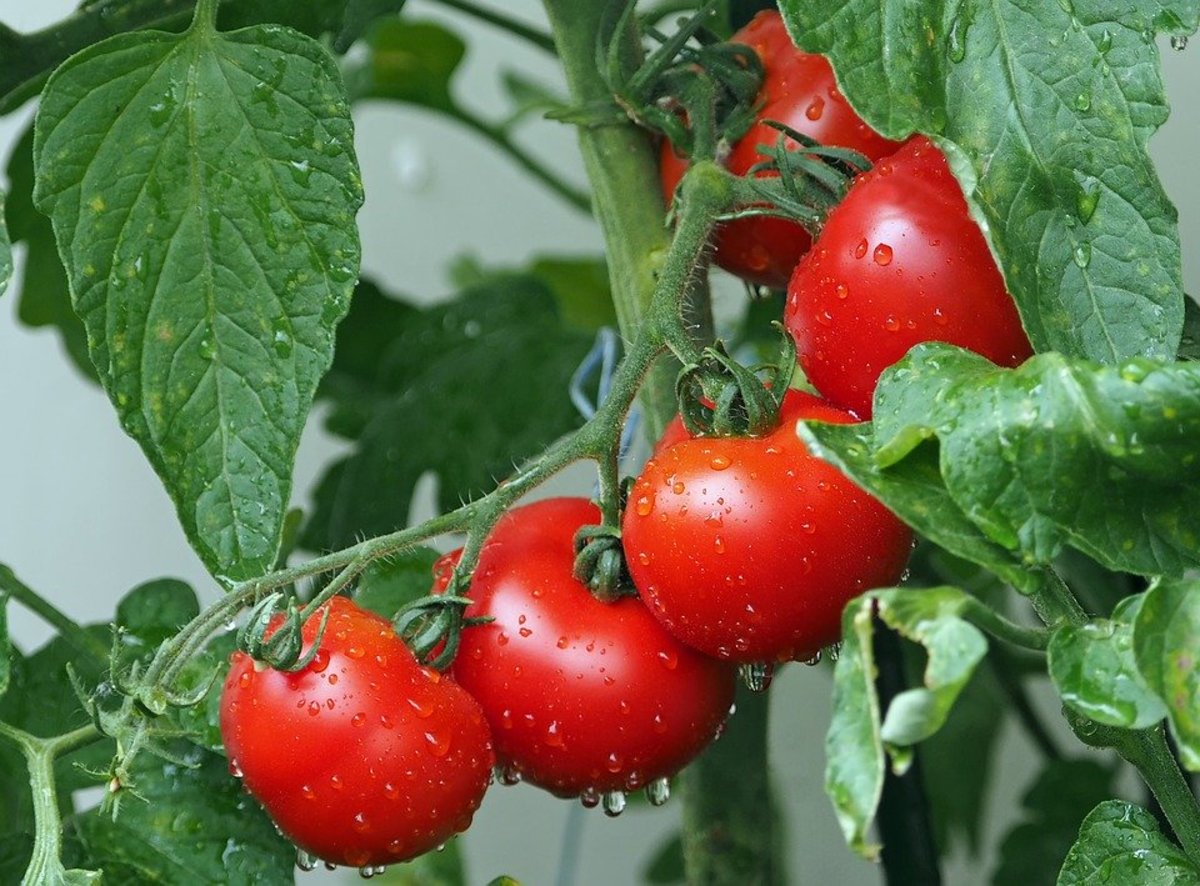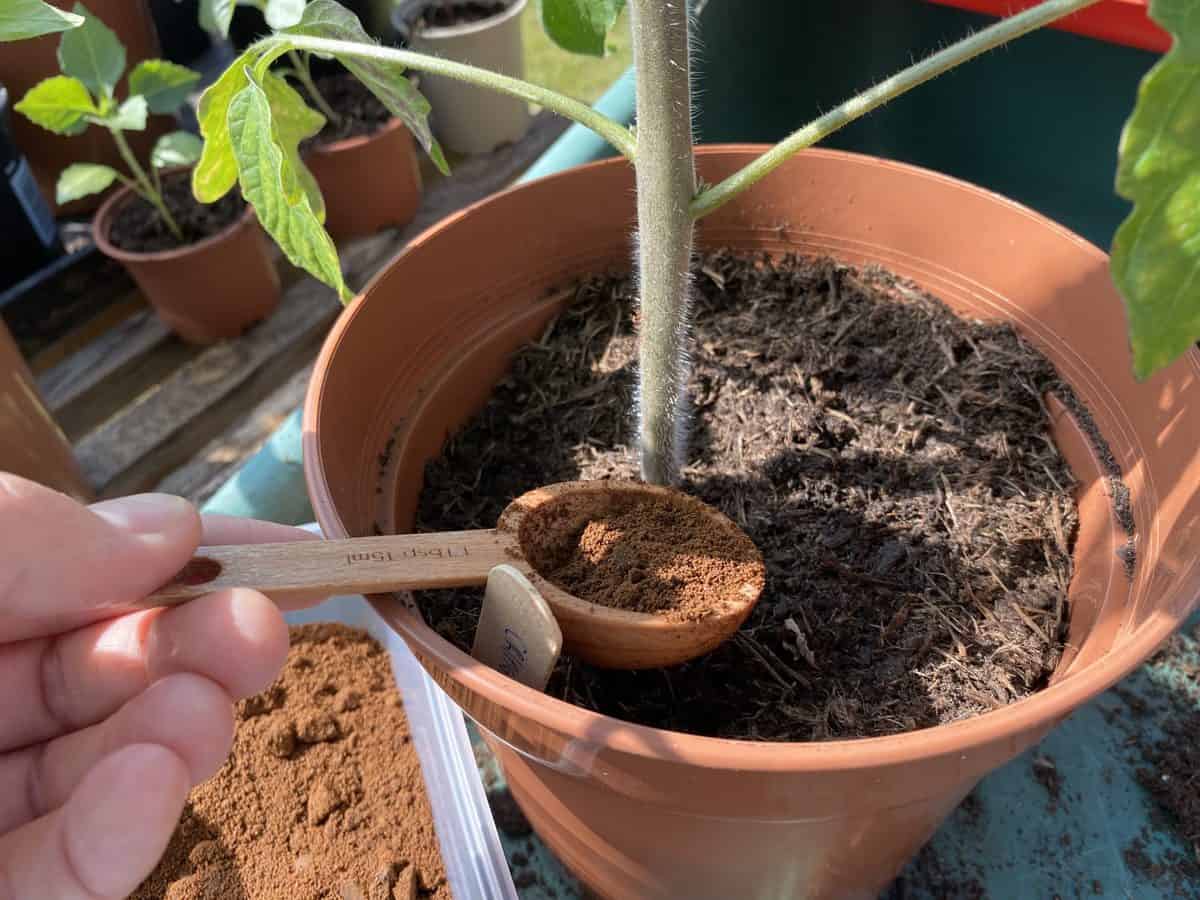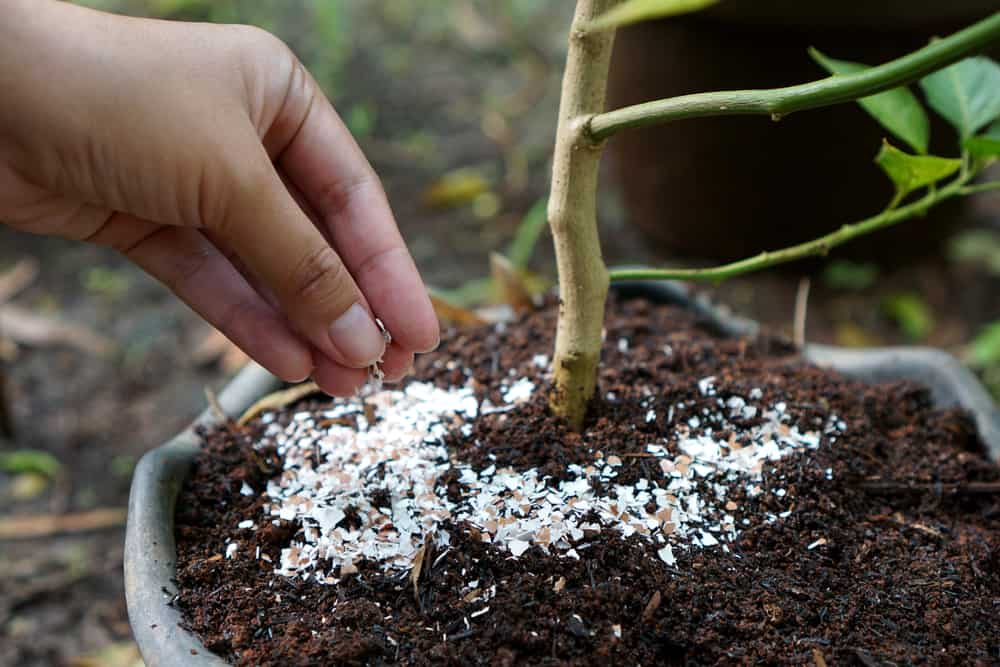The Best Fertilizer For Tomato Plants: Get A Huge Harvest This Year
Tomatoes are a delicious and versatile fruit that can be enjoyed in many different ways. But in order to grow big, juicy tomatoes, you need to give your plants the right nutrients. That's where fertilizer comes in.
Fertilizer helps to provide your tomato plants with the nutrients they need to grow strong and healthy. It also helps to improve the soil quality, which can lead to a better harvest.
There are many different types of fertilizer available, so it can be difficult to know which one is the best for your tomato plants. In this blog post, we will discuss the best fertilizer for tomato plants, as well as how to fertilize your plants properly.
What are the three main nutrients that tomato plants need?
Tomato plants need three main nutrients from fertilizer: nitrogen, phosphorus, and potassium.
- Nitrogen helps to promote leaf growth and development.
- Phosphorus helps to promote root growth and flowering.
- Potassium helps to improve the overall health of the plant and increase resistance to pests and diseases.
What are the different types of fertilizer?
There are two main types of fertilizer: organic and inorganic.
- Organic fertilizer is made from natural materials, such as compost, manure, and bone meal. It is a slow-release fertilizer, which means that it releases nutrients into the soil over time.
- Inorganic fertilizer is made from synthetic chemicals. It is a fast-release fertilizer, which means that it releases nutrients into the soil quickly.
Which type of fertilizer is best for tomato plants?
There is no one-size-fits-all answer to this question. The best type of fertilizer for your tomato plants will depend on a number of factors, including the type of soil you have, the climate you live in, and your personal preferences.
If you are looking for a slow-release fertilizer that will provide your plants with a steady stream of nutrients, then organic fertilizer is a good option. If you are looking for a fast-release fertilizer that will give your plants a quick boost, then inorganic fertilizer is a good option.
How to fertilize tomato plants
The best time to fertilize tomato plants is in the spring, when they are first starting to grow. You can also fertilize your plants again in the summer, when they are flowering and setting fruit.
When fertilizing your tomato plants, it is important to follow the directions on the fertilizer label. Over-fertilizing can actually damage your plants, so it is important to be careful.
Here are some tips for fertilizing tomato plants:
- Use a fertilizer that is high in nitrogen, phosphorus, and potassium.
- Apply the fertilizer to the soil around the base of the plant.
- Water the fertilizer in well.
- Do not fertilize your plants too often.
Conclusion
By following these tips, you can help your tomato plants grow big, juicy tomatoes that you will enjoy all season long.
Are you looking for the best fertilizer for your tomato plants? There are many different fertilizers on the market, but not all of them are created equal. Some fertilizers are better suited for certain stages of growth, while others may not be as effective in certain types of soil.
To help you find the best fertilizer for your tomato plants, we recommend visiting Garden Wiki. This website provides comprehensive information about different types of fertilizers, as well as tips on how to choose the right one for your needs.
In addition to providing information about fertilizers, Garden Wiki also offers a variety of other resources for tomato growers, including planting guides, pest control tips, and recipes for using tomatoes in the kitchen.
So whether you're a seasoned tomato grower or just starting out, Garden Wiki is a great resource for everything you need to know about growing healthy, productive tomato plants.
FAQ of best fertilizer for tomato plants
- What is the best fertilizer for tomato plants?
There is no one-size-fits-all answer to this question, as the best fertilizer for tomato plants will vary depending on the soil type, the climate, and the variety of tomatoes being grown. However, some general guidelines can be followed.
In general, tomato plants need a balanced fertilizer with a high nitrogen content. A good starting point is a fertilizer with an NPK ratio of 10-10-10. This will provide the plant with the nutrients it needs for healthy growth and fruit production.
If the soil is low in nitrogen, you may need to use a fertilizer with a higher nitrogen content, such as 12-24-12. However, be careful not to over-fertilize, as this can lead to nutrient burn.
In addition to nitrogen, tomato plants also need phosphorus and potassium. Phosphorus helps the plant root system develop, while potassium helps the plant produce healthy fruits. A good fertilizer for tomato plants will contain both phosphorus and potassium.
- When should I fertilize my tomato plants?
Tomato plants should be fertilized every 4 to 6 weeks during the growing season. The first fertilizer application should be made when the plants are first transplanted into the garden. The second application should be made when the plants start to flower, and the third application should be made when the fruits start to set.
It is important to fertilize tomato plants when the soil is moist. This will help the fertilizer dissolve and be absorbed by the roots.
- What are some organic fertilizers that are good for tomato plants?
There are many organic fertilizers that are good for tomato plants. Some popular options include:
Compost: Compost is a great all-around fertilizer for tomato plants. It provides the plant with a balanced supply of nutrients, and it also helps to improve the soil structure.
Fish emulsion: Fish emulsion is a fast-acting fertilizer that is high in nitrogen. It is a good choice for fertilizing tomato plants in the early stages of growth.
Blood meal: Blood meal is a slow-release fertilizer that is high in nitrogen. It is a good choice for fertilizing tomato plants during the flowering and fruiting stages.
Bone meal: Bone meal is a slow-release fertilizer that is high in phosphorus. It is a good choice for fertilizing tomato plants during the flowering and fruiting stages.
How to fertilize tomato plants without burning them?
It is important to fertilize tomato plants correctly to avoid burning them. Here are some tips:
- Always dilute the fertilizer according to the directions on the label.
- Do not fertilize tomato plants in hot, dry weather.
- Water the plants thoroughly before fertilizing.
- Do not fertilize the leaves of tomato plants.
Image of best fertilizer for tomato plants
- Compost: This is the best free fertilizer for tomato plants. It is made from decomposed organic matter, such as food scraps, yard waste, and manure. Compost provides tomatoes with the nutrients they need to grow strong and healthy.
- Fish emulsion: This is a liquid fertilizer that is made from fish. It is a good source of nitrogen and phosphorus, which are essential nutrients for tomato plants.

- Kelp meal: This is a powder fertilizer that is made from seaweed. It is a good source of potassium, which is important for tomato plant growth and development.
- Blood meal: This is a powder fertilizer that is made from dried blood. It is a good source of nitrogen, which is essential for tomato plant growth.

- Bone meal: This is a powder fertilizer that is made from ground bones. It is a good source of phosphorus, which is important for tomato plant root development.

- Coffee grounds: This is a free fertilizer that can be used to improve the drainage and aeration of tomato plant soil. It also provides some nitrogen to the plants.

- Eggshells: This is a free fertilizer that can be used to provide calcium to tomato plants. Calcium is important for tomato plant growth and development.

- Yard waste: This is a free fertilizer that can be used to improve the organic matter content of tomato plant soil. Organic matter helps to improve soil drainage, aeration, and water retention.
- Manure: This is a free fertilizer that can be used to provide nitrogen, phosphorus, and potassium to tomato plants. However, it is important to use manure that has been composted or aged, as fresh manure can burn tomato plant roots.
- Water: This may seem like a strange entry, but water is essential for tomato plant growth. Make sure to water your tomato plants regularly, especially during hot, dry weather.

Post a Comment for "The Best Fertilizer For Tomato Plants: Get A Huge Harvest This Year"